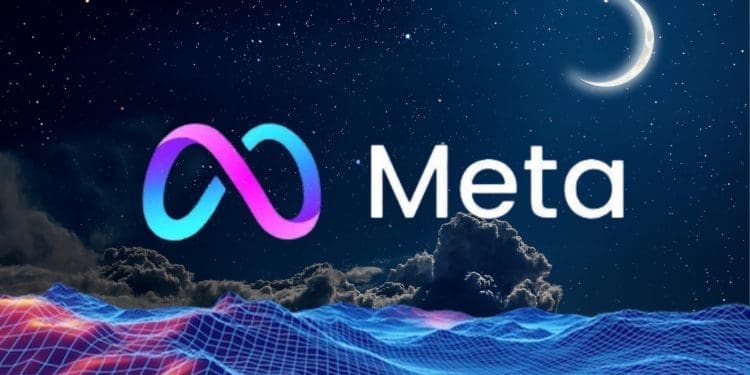- Meta has updated its policies to prevent the use of its emergent generative AI tools in political advertising and other sensitive areas like employment and credit services. This reflects growing concerns about AI’s potential to spread false information.
- Other major tech companies like Google have also taken a cautious stance on AI, implementing restrictions around political ads and requiring transparency. Platforms like TikTok and Snapchat avoid political ads altogether.
- There is an intensifying discussion around establishing ethical frameworks and policies to regulate AI, especially at the intersection of AI and politics. Meta, Google, and the Biden administration have all taken steps to curb potential AI misinformation and manipulation.
Meta Platforms, the parent company of Facebook, has reportedly updated its policies to prevent the use of its emergent generative AI tools in political advertising and other sensitive areas like employment and credit services, according to a Reuters report.
The move reflects growing concerns about AI‘s potential to spread false information, especially with elections approaching. Meta has explicitly prohibited using AI tools to create content related to sensitive topics like elections, health products, and more.
“As we continue to test new generative AI ads creation tools in Ads Manager, advertisers running campaigns that qualify as ads for housing, employment or credit or social issues, elections or politics, or related to health, pharmaceuticals, or financial services aren’t currently permitted to use these generative AI features,” the company said.
Generative AI refers to tools like ChatGPT that can generate text, images, music and more when prompted. Meta’s policy change follows rapid AI developments across the tech industry.
Big Tech’s Cautious Embrace of AI
Other major players like Google have also taken a cautious stance on AI. Google bans political keywords from AI-generated ads and requires transparency for election ads using synthetic media.
Social platforms like TikTok and Snapchat have avoided political ads altogether, while Twitter has not ventured into AI ad tools under its new ownership.
The Need for AI Ethics and Policy
The discussion around AI ethics and policies has intensified. Meta policy chief Nick Clegg has emphasized the need for new rules at the intersection of AI and politics, especially with elections approaching.
In line with ethical concerns, Meta has also taken steps to prevent realistic depictions of public figures through AI and add watermarks to AI content. This tightens control over potential AI misinformation.
The recent case involving a manipulated video of President Biden has highlighted platforms’ challenges in drawing the line between harmful misinformation and permissible content like satire.
Biden himself has issued executive orders to regulate AI developments in the US and abroad. As AI capabilities advance rapidly, all stakeholders seem to agree that ethical frameworks and policies are urgently needed.














